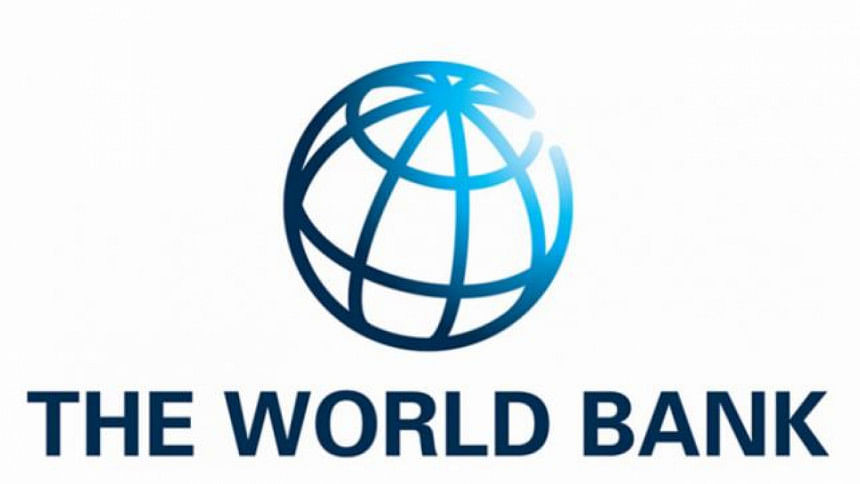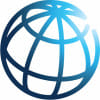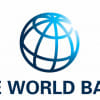WB to provide $100m to improve water supply, sanitation

The World Bank (WB) will provide $100 million to increase access to improved water supply and sanitation system in selected 30 municipalities in Bangladesh as well as to help build their capacities for delivering water and sanitation services.
“In this regard, a loan agreement will be signed between the government and the World Bank on October 6 at the Economic Relations Division in the city’s Sher-e-Bangla Nagar area,” said an ERD official.
The official told BSS that ERD Secretary Monowar Ahmed and World Bank Country Director for Bangladesh and Bhutan Mercy Tembon are expected to sign the agreement on behalf of their respective sides.
The ERD official said the “Municipal Water Supply and Sanitation Project” will help about 600,000 people living in small towns get safe water through piped water supply systems.
In the selected 30 municipalities that currently do not have piped water systems, the project will install water infrastructures, including water treatment facility, water storage, transmission and distribution pipe network, house connections including meters, and others.
According to the World Bank, about 87 percent households in Bangladesh have access to various improved water sources, but only 10 percent people have access to piped water supply. About half of the municipalities have basic piped water systems, but they cover only a small share of population in town centers.
The credit from the World Bank’s International Development Association (IDA), which provides concessional financing, has a 30-year term, including a five-year grace period, and an interest rate of 1.25 percent with a service charge of 0.75 percent.
The project also includes $100 million financing from the Asian Infrastructure Investment Bank (AIIB) and $9.53 million financing from the government of Bangladesh.
Earlier during the approval of the loan at the World Bank Board in July, Mercy Tembon had said with Bangladesh’s rapid urbanization, both small towns and big cities need to improve their infrastructures, including water and sanitation systems, to cater to the growing population.
The project will also help the participating municipalities improve sanitation and drainage systems. This will include investments in septage management, public toilets, septage disposal, and critical drainage infrastructure. The project will also provide equipment and training to cleaning workers for fecal sludge management.
Arif Ahamed, World Bank Senior Water Specialist and Project task team leader said the project will support the municipalities to build capacity to install and manage water and sanitation systems as well as have stronger institutional and financial systems for operation and maintenance works.
“The municipalities will have the ability to form effective private public partnership for water and sanitation services.” he added.

 For all latest news, follow The Daily Star's Google News channel.
For all latest news, follow The Daily Star's Google News channel. 







Comments